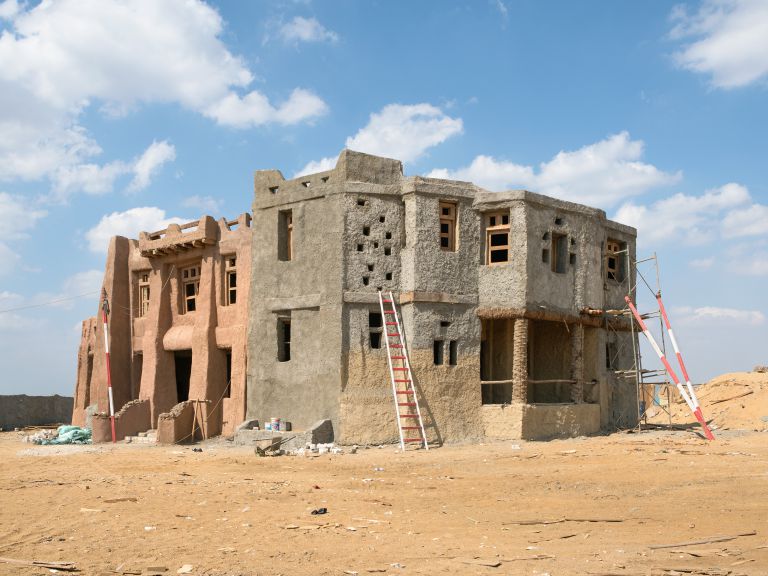Project Detail: ARABIAN TALES
Contest:
LuganoPhotoDays 2017
Brand:
LuganoPhotoDays
Author:
Andrea e Magda
Status:
Selected
Project Info
ARABIAN TALES
Arab TV 's prodigious output of soap operas are widely distributed and followed throughout the Arab speaking world: the “Musalsalalat” (telenovela in arabic) and their stars are seen on the screens in all Arab countries, broadcasted via satellite, and they outshine the old pan-arabic dream, by creating a common culture through television. Like everywhere else in the world, tv series spread ideals and dreams, influence the taste and the behavior of each generation.
The stories of Musalsalat do not represent reality, but take their inspiration from reality. They do not represent people's dreams, but they influence these dreams. Musalsalat are the distorted mirror of reality, seen through the prism of the producers and TV channels interests, the social models of the writers filmmakers and actors, themselves influenced by Western visual model, and by censorship or political propaganda.
The images shot on set the of “Musalsalat” show a constructed representation of reality that will shape the collective imagination of the Arab world.
The market of “Musalsalat” is distributed in the entire Arab world but is not standardized: each country has specific style of production, according to cultural tastes, to the size of the country, the productions’ budgets, and the degree of freedom of expression. Egypt, who alone counts a quarter of the Arab population, has for a long time defined the Arabian TV market. The Egyptian studios produce non-controversial love stories, comedy of popular quarters, or tales of colonization. Now Syrian TV series has a growing influence, despite its low budgets. The staging is more realistic and the storylines feature the tragedy of war and the fate of the refugees. The influx of Syrians in Lebanon, particularly Syrian show-business people, has impacted the style of Lebanese productions – which until now was limited to the Lebanese bourgeoisie and nostalgia for the French colonial period. The Jordanian productions are famous for their bedouin series, mostly watched in the Gulf countries, where viewers have a passion for orientalism.
With this new chapter of our research on the effects of globalization in the Middle-East, we want to question the constructions of the models that shape our contemporary societies. By photographing scenes on tv sets we strip away the artifice of drama, it is for us a way to reveal the mechanisms of construction of representations through television.


















